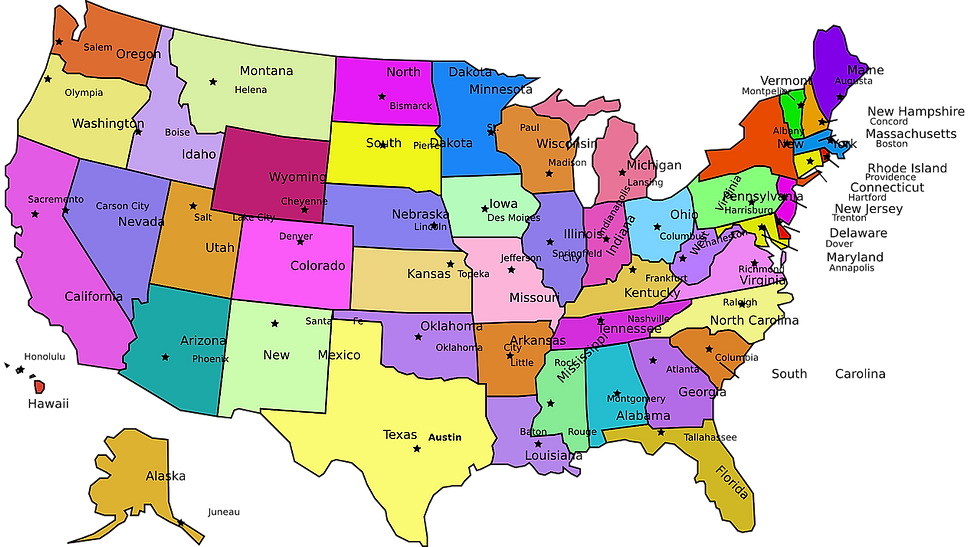AMERICA'S ADDICTION TO JUVENILE INCARCERATION: STATE BY STATE
- News
- Mar 5, 2019
- 2 min read
On any given day, nearly 60,000 youth under age 18 are incarcerated in juvenile jails and prisons in the United States.

By and large, kids are locked up for things that not only don’t pose a risk to public safety, but they’re things that, in the adult system, someone might not even be locked up for.
On any given night in the United States in 2015, 47,000 youths were incarcerated and 69% were youths of color. Of that same 47,000, 73% were in for nonviolent offenses. And about 1,000 were held in adult prisons.
AMERICA'S ADDICTION TO JUVENILE INCARCERATION
On any given day, nearly 60,000 youth under age 18 are incarcerated in juvenile jails and prisons in the United States. For each state, this map shows the number of youth incarcerated per 100,000 people. These rates vary widely. But in every state, confining young people – cutting them off from their families, disrupting their educations, and often exposing them to further trauma and violence – harms their development and has lifelong negative consequences.
On any given night in the United States in 2015, 47,000 youths were incarcerated and 69% were youths of color. Of that same 47,000, 73% were in for nonviolent offenses. And about 1,000 were held in adult prisons. In the juvenile justice system, the types of settings where young people are held vary widely, from prison-like lock-up facilities to group homes to residential treatment centers. But regardless of what type of placement they’re in, these youths can’t go home.
So what types of offenses are kids being incarcerated for? “By and large, kids are locked up for things that not only don’t pose a risk to public safety, but they’re things that, in the adult system, someone might not even be locked up for,” Ryan says. In fact, kids can find themselves in court for behaviors that wouldn’t be crimes at all if they were committed by an adult. These are called “status offenses,” and they include truancy, running away from home, curfew violation, underage drinking, and the alarmingly vague “incorrigibility.”
Comments